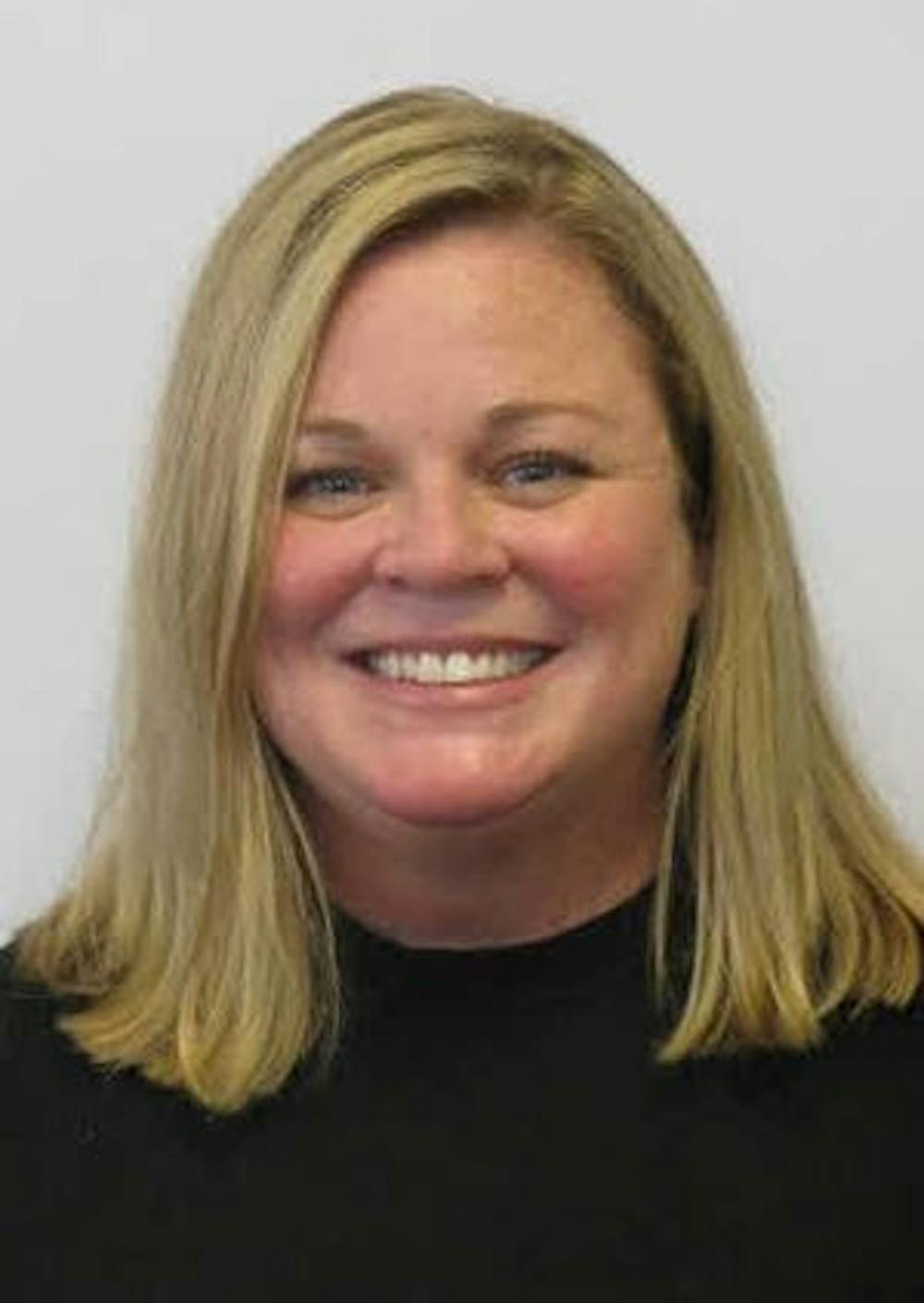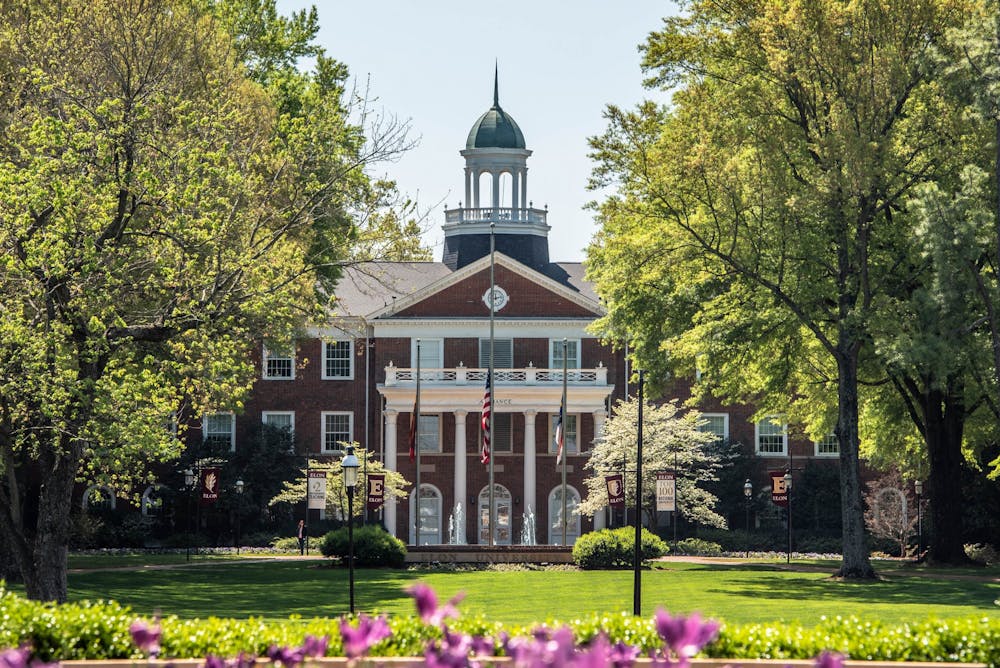
Molly Zlock, Elon University’s Title IX coordinator, is responsible for overseeing the implementation of Title IX across campus. Title IX, a federal civil rights law enacted in 1972, prohibits sex-based discrimination in schools and protect students who experience sexual violence.
Zlock joined Elon Local News Oct. 3 to discuss the 2021 Fire and Safety report, sexual assault education and goals for the future.
This interview has been edited for clarity.
What stuck out to you in this report?
“I'm going to echo exactly what Chief Joe LeMire said that while the numbers have gone up, I do think that they're reflective of how many more training opportunities we're doing, and how much more prevention programming we're doing. So that means a lot more people know how to report and the importance of reporting. We're going to see those increased numbers when we have those initiatives on campus.
And the other part of it that I want to give a little bit of context to is that these numbers don't necessarily mean that's when the incidents took place. The annual security report reflects when the university received the information. Often, that means that the incident happened even a couple of years ago, because of the person's own processing time that they want to take, but also because they might not have known that they could report.”
The report says the university wants to “eliminate and prevent” sexual and gender-based violence and harassment and “measures will be used to reasonably ensure that such conduct ends are not repeated and the effects on the complainant and community are remedied.” That's a big goal. Is that possible?
“I hope so. I do hope so. I will say any kind of reporting generates into data, and the Title IX office is then using that data to then provide information back to the university really identifying trends, where are we seeing these things happen? When are they happening? To whom they're happening? And by doing that, we can also increase those educational initiatives and start fine lining what our community is needing to know regarding this type of behavior. Through those prevention efforts, and through that data gathering, and then giving it back to the university, we're hoping that we can better educate our community.”
The only mandatory education that students Elon have to participate in is the sexual assault prevention undergraduate course offered by Everfi. Is that enough? Is there more that can be done?
“I will say student-athletes do have to go through different training as well. They have to go through specific Title IX training, and that's mandated through the NCAA. But of course, we want to encourage more people to come out to our programs and our training.
The GLC is really the folks that are in charge of doing our prevention programming, and they really have such great programs available to our community. They talk a lot about healthy relationships, and you saw that increase in dating violence, so that would certainly be a great program for folks to learn about. Where are the red flags in a relationship, and when is it time maybe to leave a relationship before it gets to that place where we're talking about dating violence? So definitely, we would love to see more folks come out to our programs. We hope to work with other departments at the university to see different ways we can get the message to our community as well.”
This is a hard topic, and the information in the report could be overwhelming. What is most important for students to know, and what do you think should be the biggest takeaway from this report?
“I think the most important thing for students to know is that context. This does not mean that we had that many incidents in that particular year. And again, as Chief Joe LeMire said, we don't feel that we have an increase of the behavior. We're seeing increased reports because of all the efforts that we're putting into making sure that folks know how to report. But the most important thing I would say for the Title IX office, in particular, is that people know that we have supportive measures and resources that we can offer them. So we really are trying very hard to respond to the impact of sexual misconduct in our community and to provide those resources and supportive measures to those that need them.”


